Liverpool have played on Christmas Day forty times in their history, the last of them being in 1957 – against a team they’d then face less than 24 hours later. Jeff Goulding tells the story.
Today’s football managers regularly complain about hectic football schedules and fixture congestion, particularly in December. However, the English game has a long tradition of ploughing on through the winter months.
In the 1950s, it was not uncommon to go to the match on Christmas Day, and then again on Boxing Day if you fancied it. Liverpool played many games on Christmas Day during this period, with the last of them coming on 25 December 1957.
It would prove to be the start of a remarkable 24-hour period that would see the Reds play Grimsby Town twice in 24 hours. As we will see, the Lincolnshire team would ruin Kopite Christmas dinners, but there’d be revenge aplenty on Boxing Day.
1957 was another momentous year in world history. Britain lost one Conservative Prime Minister, Anthony Eden, over his inability to maintain control of a canal in Egypt, and replaced him with another who proceeded to lecture a sceptical Party and the public that they had “never had it so good.” This, despite a fire at the Winscale nuclear power plant threatening the population with radiation poisoning.
In Liverpool, two lads called John and Paul met at a village fete in the suburb of Woolton. They went on to form a band with two other local lads, and they did quite well. Meanwhile, the City Council was planning to flood the Welsh town of Capel Celyn so that it could build a reservoir. And at Aintree racecourse, in the north of the city, Stirling Moss was winning the British Grand Prix.
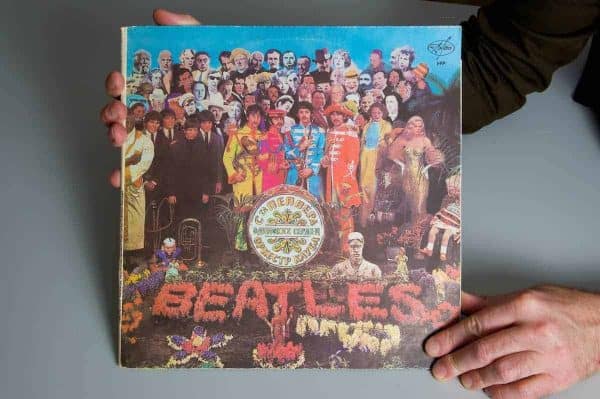
In football, Manchester United were reigning champions (remember them?) and Aston Villa had won the FA Cup.
Liverpool Football Club were beginning another decade of decline. Ten years earlier, they had won their first league title in 24 years, only to be relegated in 1954. They were now plying their trade in the second tier of English football.
Bill Shankly was managing Huddersfield Town and the directors at Anfield were still casting admiring glances in his direction. Eventually, Liverpool’s faithful support would do too, as popular former player Phil Taylor struggled to lift the Reds from their post-war slumbers.
The problem for Liverpool in the 1957/58 season was their away record. By Christmas Day 1957 the Reds had gone 12 games unbeaten (a run of 18 in total, stretching back to January). Their home form had seen them climb to the top of the table, but they had already suffered five defeats on their travels, and they were about to taste their sixth. Their troubles on their travels would see them miss out on promotion for yet another season.
The press would attribute Liverpool’s home dominance to the support they received from the Anfield crowd. Previewing the 4-3 victory over Bristol City on 21 December 1957, Evening Express reporter Jack Rowe claimed that teams visiting Anfield had suggested that “the Anfield roar is worth a goal start,” for Liverpool.
Unfortunately, on Christmas Day, as the Reds made the journey to 8th-placed Grimsby Town for the first of two games against the Mariners in 24 hours, very few Liverpudlians would travel with them for an 11 am kick off at Blundell Park.
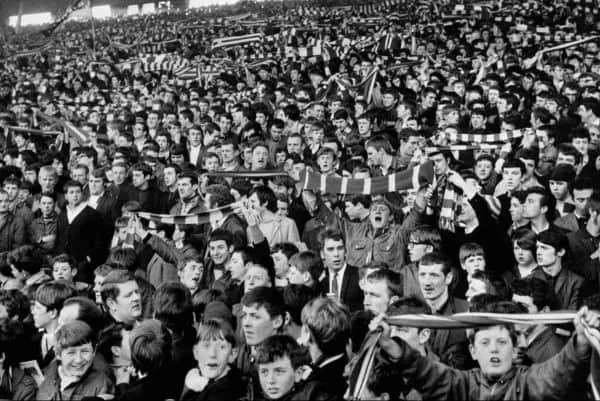
A crowd of 17,000 turned out in the frost to see the home team run out 3-1 winners.
The Reds had fought valiantly in the first half, holding the home side 1-1 thanks to a goal from Welsh striker Tony Rowley. He played 69 games for Liverpool, scoring 39 times but would leave Liverpool in 1958.
Two goals in the second half Jeff Whitefoot and Jimmy Fell would see the Reds vanquished on the road yet again.
They’d barely have time to lick their wounds though and as their blood boiled on the trip back to Liverpool, the men in red would be harbouring thoughts of revenge. Their opportunity would arrive just over 24 hours later, on Boxing Day 1957.
There could be no talk of squad rotation here, nor of playing the youth. This was the era of no substitutes, so there wouldn’t even be the opportunity to drag off a weary player midway through the game. Liverpool would simply have to go again.
Ten of the players who lined up against Grimsby Town on Christmas Day would face them again on Boxing Day. The only change saw debutante Bobby Murdoch replace the injured Jimmy Melia.
Liverpool-born Melia was a schoolboy international who hailed from the Scotland Road area of the city. He was one of 11 children and had five brothers and five sisters. Jimmy played 286 time for the Reds, scoring 79 times. He would go on to help Liverpool into the top flight and would earn a First Division winners medal in 1964. A hugely popular local hero, he would have been a huge miss.
His replacement, Murdoch, was a less celebrated local lad. Bobby was born in Garston and played just 19 times for the Reds, scoring seven times.
However, this game would belong to a Liverpool Football Club icon and club captain, Billy Liddell.
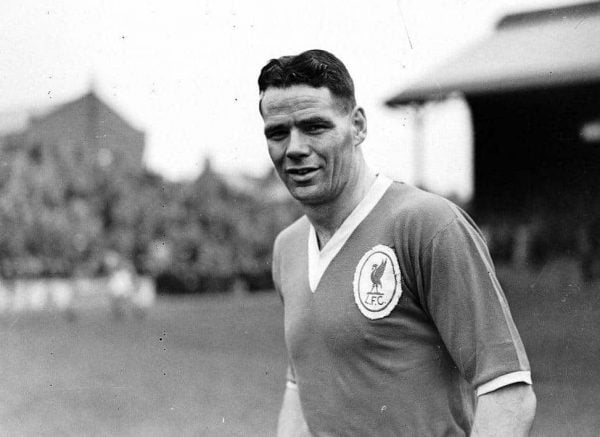
Born in Dunfermline, Scotland in 1922, Liddell joined Liverpool in 1938. The club would pay £200 for his services.
Robbed of what would surely have been his best years by the outbreak of World War II, Liddell went on to establish himself as one of the club’s greatest and most influential players. He made over 500 appearances for the Reds, played in the 1950 FA Cup defeat to Arsenal and scored 228 goals. His one league title, obtained in the 1946/47 campaign, seems scant reward for his talent and service.
Thanks to Liddell, the Reds raced into the lead in the first half. He notched the first in the sixth minute and then converted a penalty in the 24th. Grimsby fought back, with goals from Gerry Priestly and Ron Rafferty. But with that tremendous home support, the Reds would not be denied.
A huge crowd of 47,776 filled Anfield to the rafters and the roar of the Kop would have been heard in the streets around the ground. It would have deafened and bewildered the visitors and it would have driven the Liverpool players on.
In the 75th minute, Tony McNamara – another local lad who had also played for Everton in the First Division – scored what would prove to be the winning goal. McNamara had only been a Liverpool player for two weeks, having joined the Reds from Goodison Park for £10,000 and making his debut against Fulham on the 13th December.
His goal against Grimsby on Boxing Day would be his third in four games. It would also be his last for the club.
In all he managed three goals in just 10 appearances, mysteriously leaving for Crewe Alexandra the following summer. He also held the distinction of being the first player to have competed in all four divisions of English football.
Two days later the Reds would suffer a 6-1 drubbing away to Cardiff City at Ninian Park. It would be the beginning of yet another slump that would end their dream of the championship and promotion for another year. They would however remain unbeaten at home for the remainder of the season, finishing in fourth place.
Phil Taylor would leave the club two years later. That Scottish guy whom was managing Huddersfield Town would take his place. He did quite well.
* Jeff Goulding has penned more stories like these in his books on LFC: Red Odyssey Liverpool FC 1892-2017, Stanley Park Story, and We Conquered all of Europe: Red Odyssey II . You can buy them here.
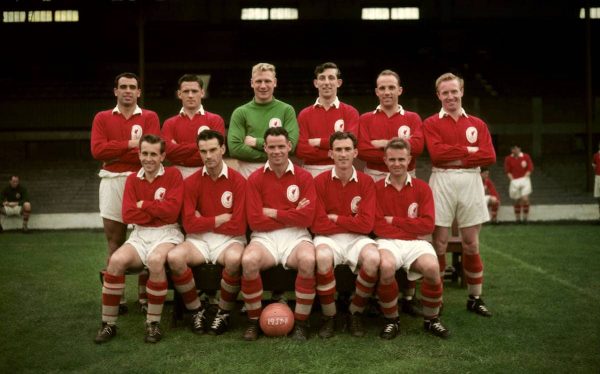

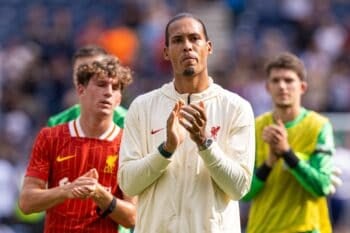
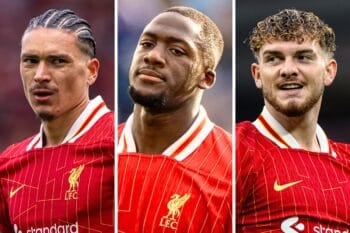

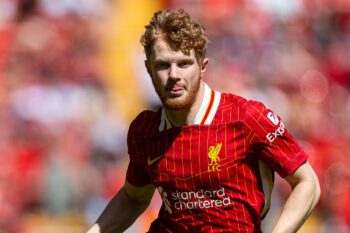
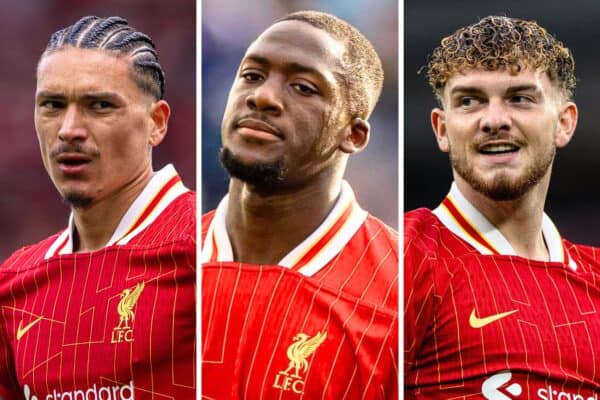

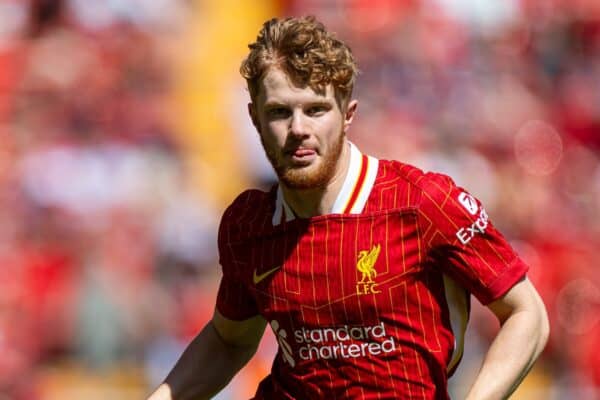

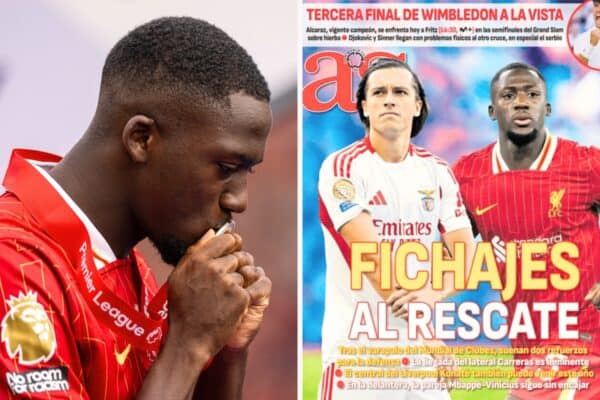
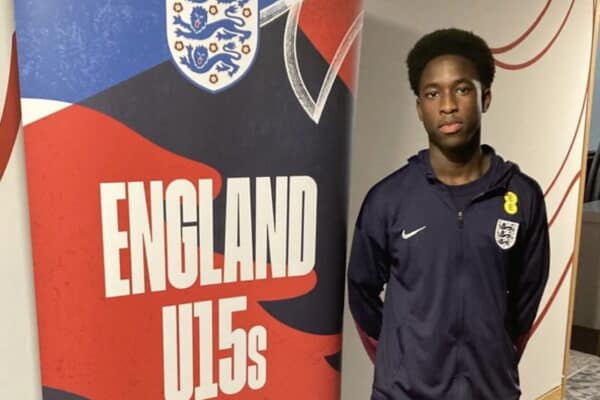
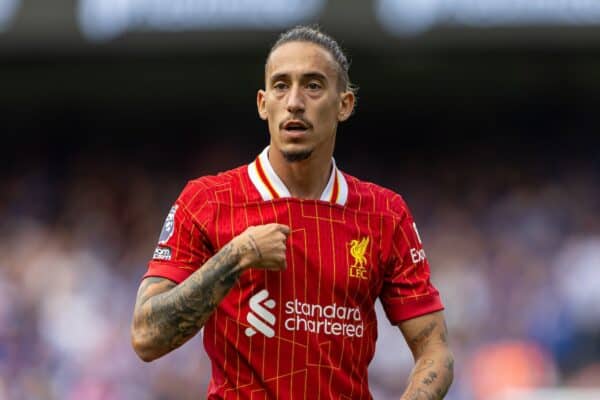
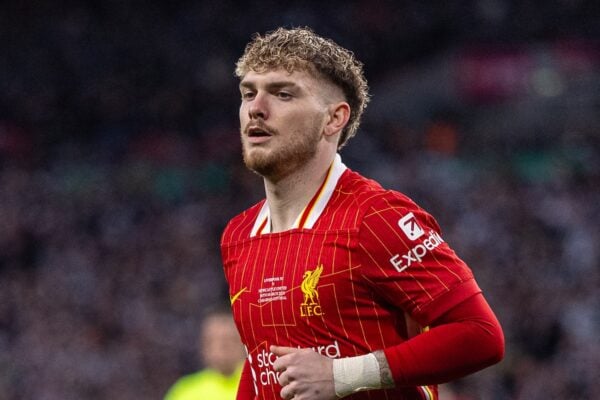
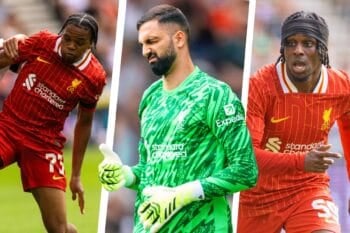
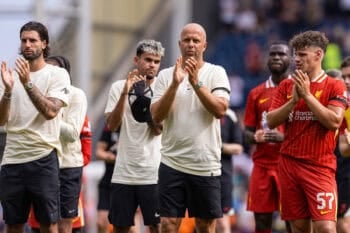

Fan Comments